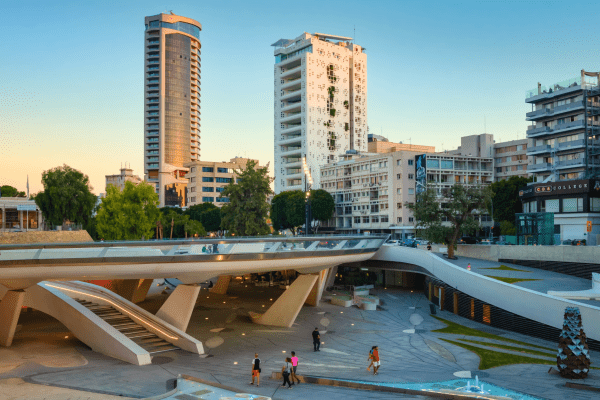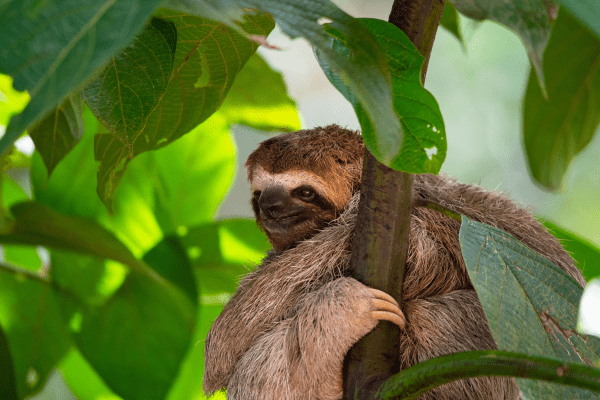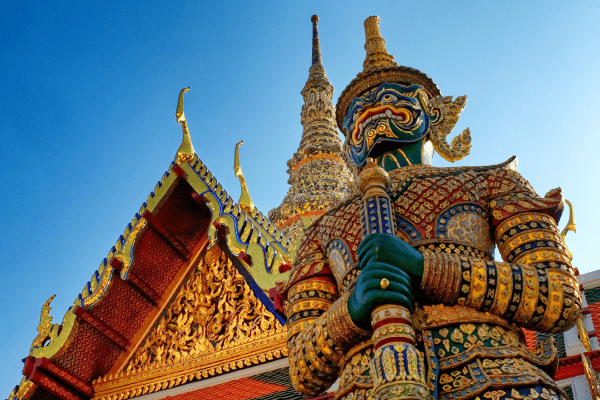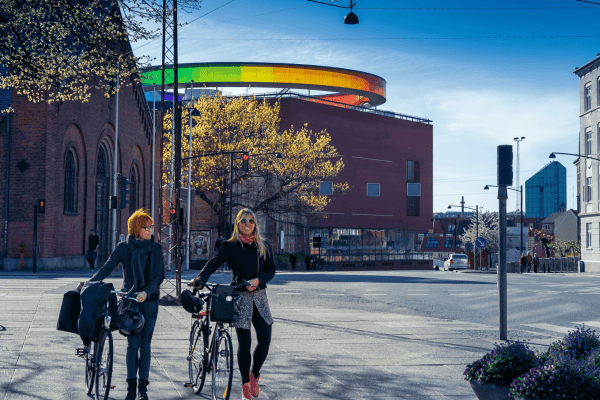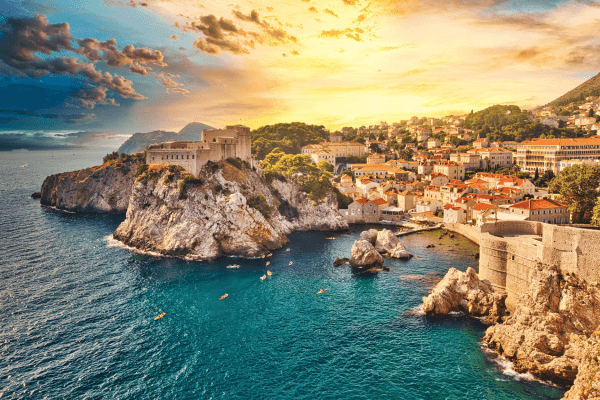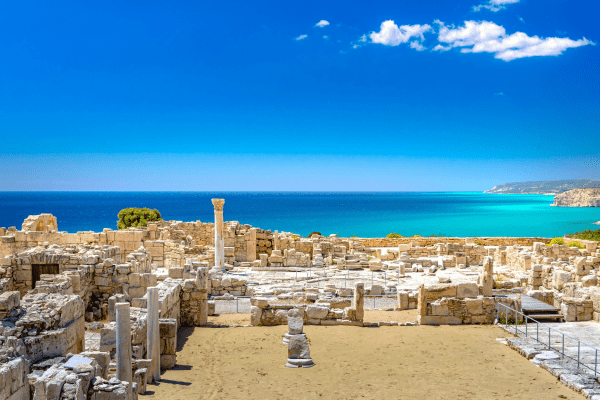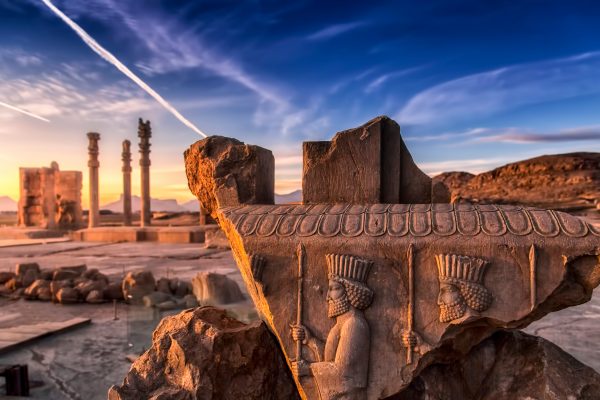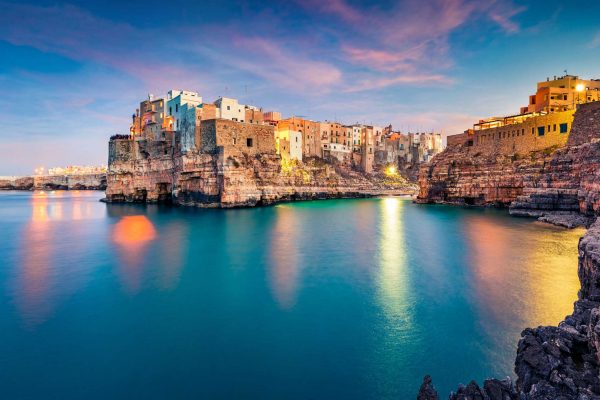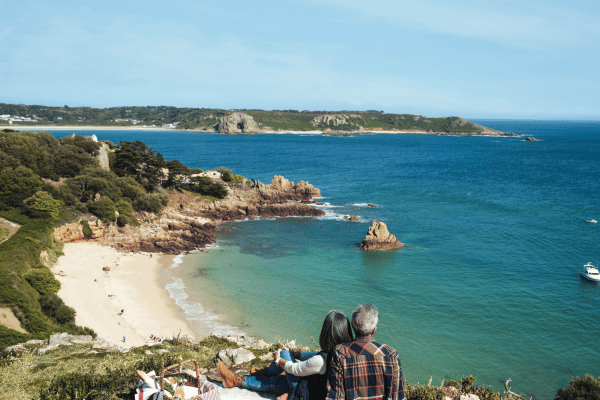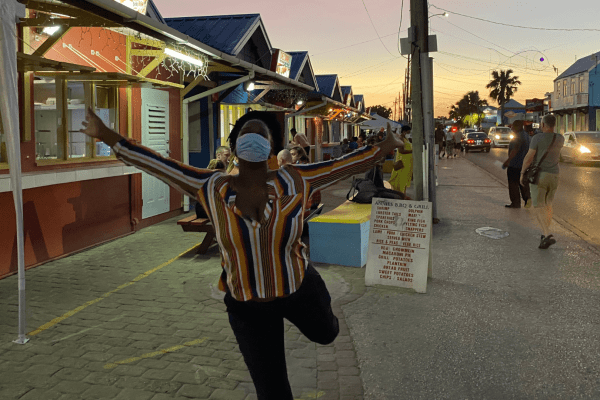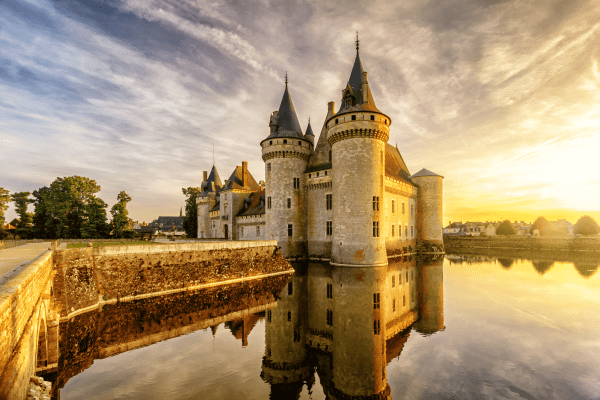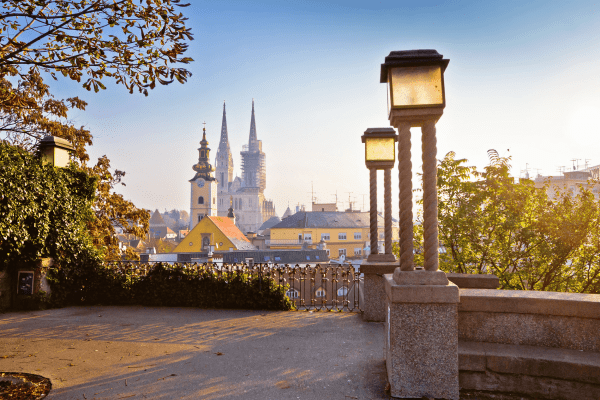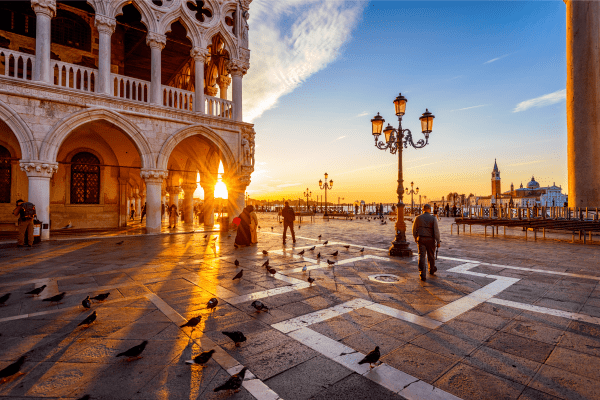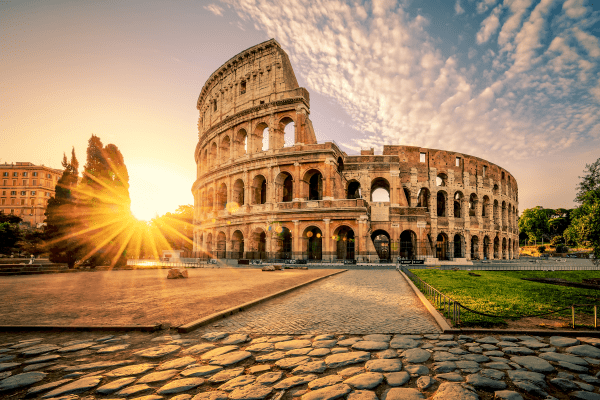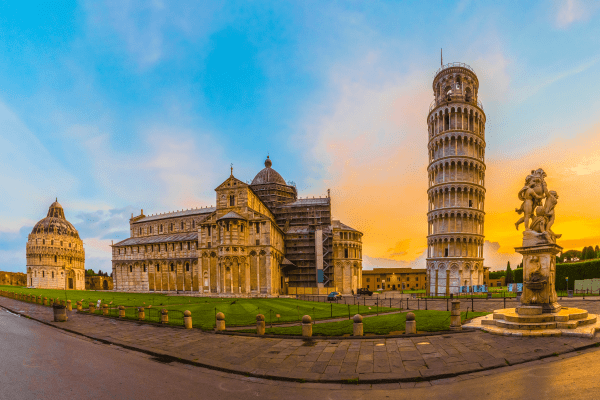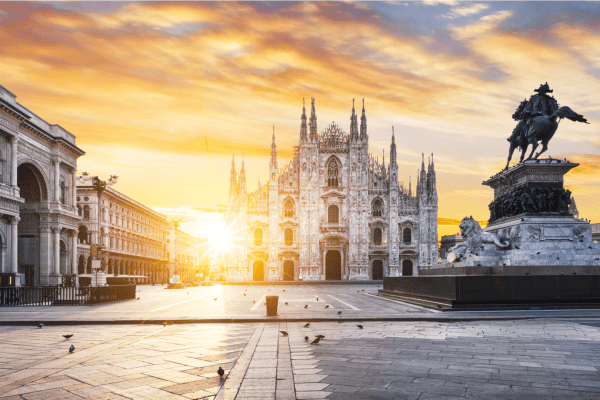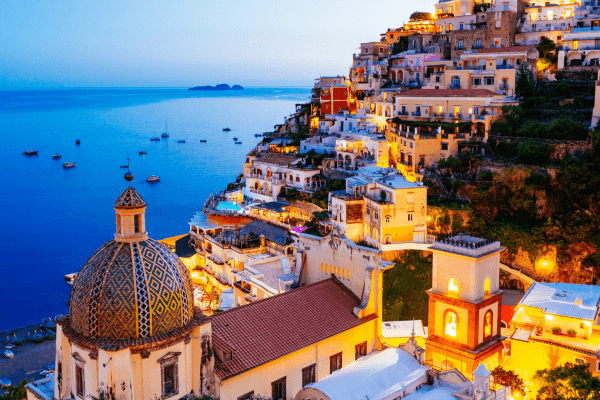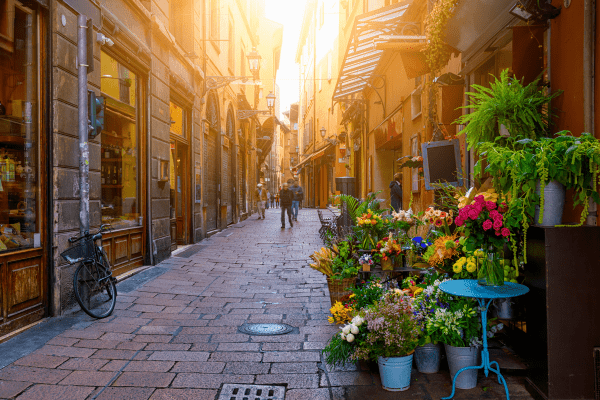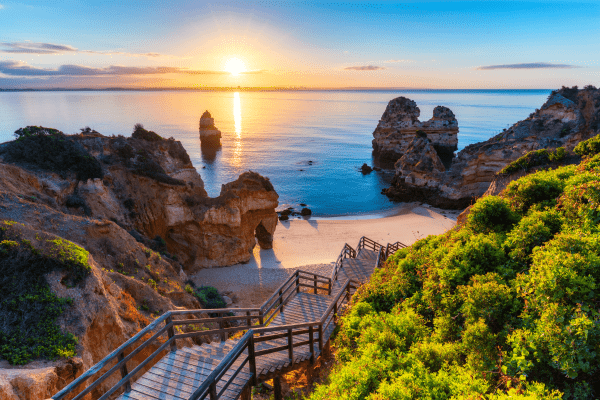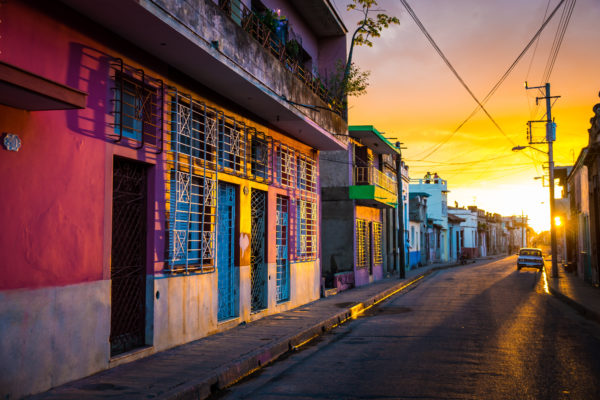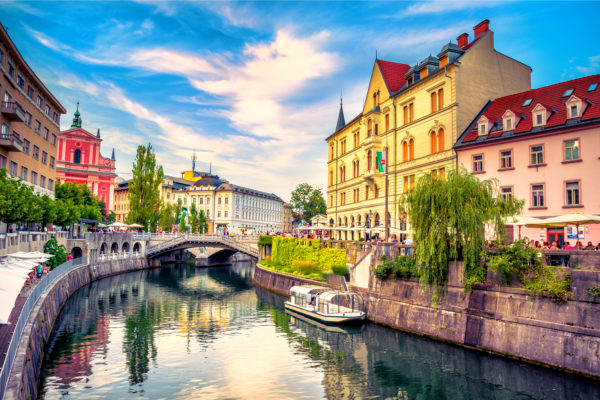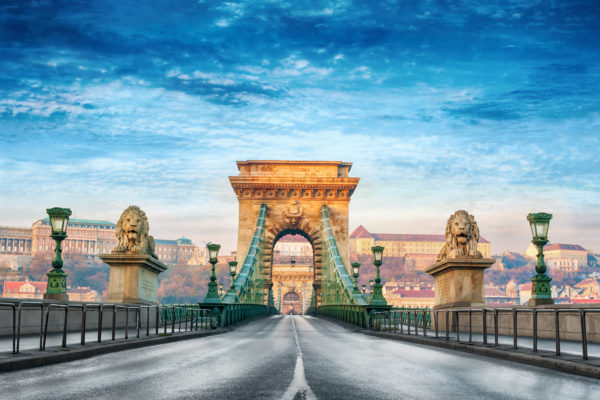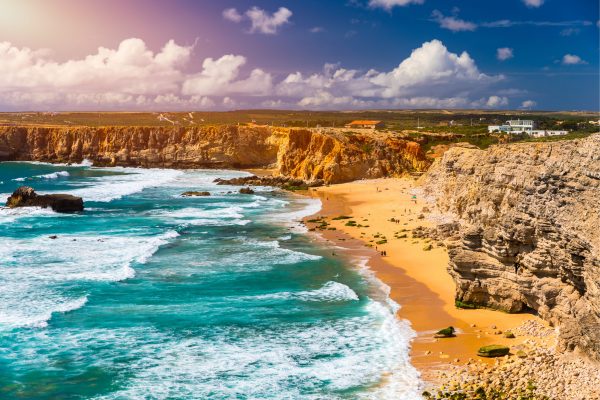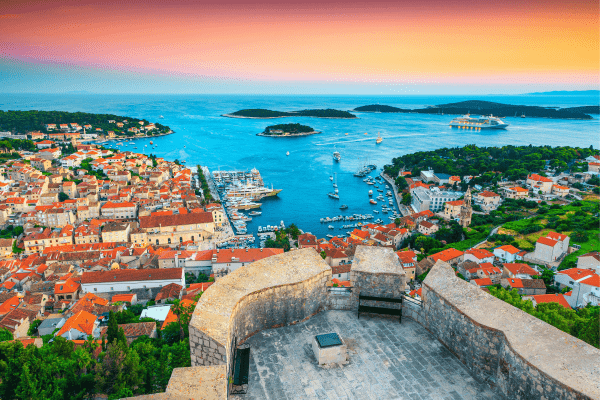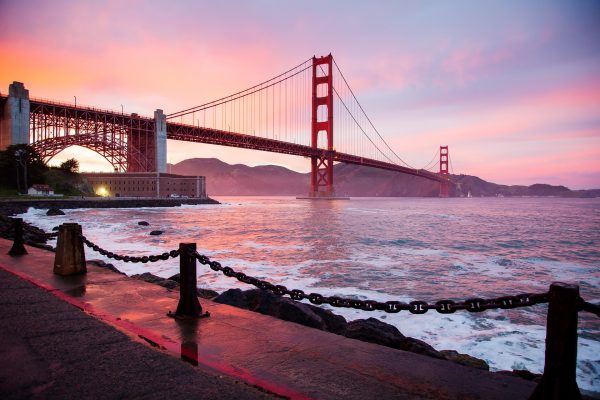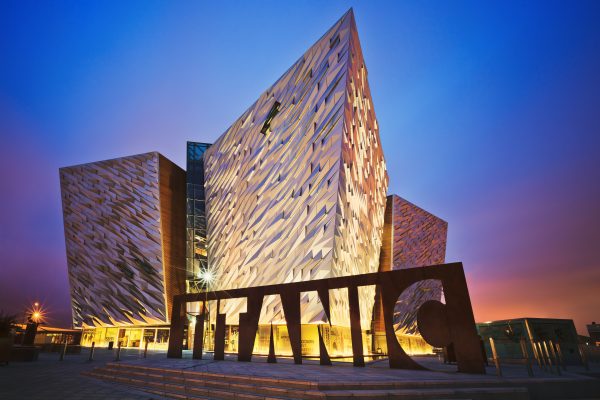Nestled between the glistening Gulf of Corinth and the dramatic Geraneia Mountains, Loutraki offers a mix of natural beauty, ancient history, and luxurious relaxation. Just 81 kilometres from Athens and a short hop from Corinth, this seaside resort effortlessly blends a lively atmosphere with healing traditions dating back millennia. What truly sets Loutraki apart from other coastal Greek destinations, though, is its year-round charm, which reveals a quieter and more authentic side during the off-peak months.
A Unique Blend of Wellness and Adventure
One of Loutraki’s most famed draws is its natural mineral and thermal springs. Revered since antiquity, these springs promise rejuvenation and a touch of indulgence. Picture yourself soaking in the warm waters of the Loutraki Municipal Thermal Spa on a crisp winter evening, steam swirling in the cool air, and the therapeutic minerals working their magic. With fewer tourists around from December to April, the experience becomes all the more tranquil, as if the entire spa has opened just for you.
For those who crave the outdoors, Loutraki’s scenic trails and mountainous landscapes are best enjoyed during these milder months. The Geraneia Mountains provide an ideal setting for invigorating hikes, where panoramic views of the Gulf of Corinth and lush winter greenery accompany you. The low season weather, hovering between 10°C and 14°C, is perfect for exploration without the searing heat of summer.
Off-Season Surprises: Nature, Culture, and More
Loutraki comes to life in a different way during the low season, inviting visitors to embrace experiences that simply aren’t the same in summer. Take a serene walk along the quiet, pebbly beaches where the winter light lends a mystical quality to the sea, or go wildlife watching, as the cooler months draw migratory birds and other wildlife into the region. You might also stumble upon the authentic rhythms of local life, enjoying a slower pace and genuine interactions with Loutraki’s warm residents.
Historical exploration is a year-round pleasure here, and the nearby archaeological wonders, like the ancient sanctuary of Heraion, become all the more atmospheric in the winter. Make your way to Heraion at sunset, when the low-hanging sun casts golden hues across the ruins and the Corinthian Gulf. With fewer visitors around, the scene feels almost sacred, perfect for reflection and photography.
Loutraki’s Low Season: Weather and Why It’s Worth It
Travelling to Loutraki in low season comes with a few surprises, particularly if you’re expecting endless sunshine. The cooler temperatures and occasional rain might deter beachgoers, but the milder climate is a delight for those who prefer active pursuits. Compared to the sweltering peak season from June to September, where temperatures soar from 25°C to 40°C, low season offers a refreshing change, ideal for thermal spa visits, hiking, and exploring cultural sites.
True, some beach activities and water sports become less practical, and a few businesses may operate on reduced hours. However, the trade-off is a calmer, more genuine experience. And don’t forget that Loutraki still pulses with cultural vibrancy, hosting winter events like the Loutraki Carnival in February, with its lively parades and festive spirit, or the FestivART celebration that fills the town with art and music.
Loutraki’s Culinary Delights
Your taste buds are in for a treat, with local specialities like pastitsio (Greek lasagna), gyro, and olive oil fresh from the surrounding groves. Indulge in sweet dredoures from Perachora village or sip a glass of local wine that pairs perfectly with your meal.
Why Visit in the Low Season?
The main reason why people should feel passionate about visiting Loutraki during the low season months is the opportunity to experience its serene thermal springs, breathtaking natural landscapes, and authentic local culture without the usual tourist crowds, creating a truly unique and rejuvenating getaway.
Embrace Loutraki’s low season, and you’ll find a magical retreat that promises peace, relaxation, and a deeper connection to Greek culture and nature. For the thoughtful traveller, this quieter side of Greece is a treasure worth discovering.








